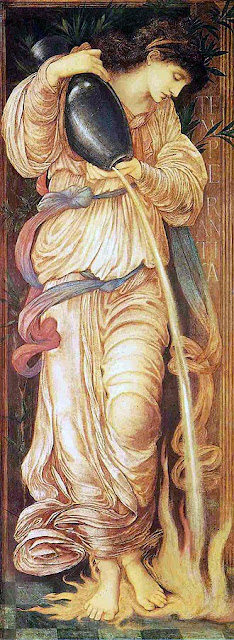At the salsa club, the DJ plays salsa and bachata and everybody dances, all the time. Of course people sit out sometimes, rest, chat, but there is always a vibe. The DJ is known for his good music. Latinos who have danced salsa all their lives leave distant cities and travel a long way for his club nights because of the music.
I was puzzled though. The salsa felt danceable to me and yet it was never the classics I knew and loved. He DJd then, the opposite way of those who DJ well in the milongas: around the well-known classics. I asked him about that.
- There are people who come and try and steal my music, he said, unexpectedly. But they can't. Because I never play the same track twice.
- Never? Not even on another evening?
- Never.
And yet sometimes I heard the people start whooping at the start of tracks they appreciated, and clearly knew.
He said he didn't want to sound arrogant but he had been doing this for twenty five years and DJing for six and that I couldn't learn in a lifetime what he knew about salsa.
Okay.
He went on to say there was so much salsa that you could play it and play and never repeat a song.
I asked him why he doesn't play the classic salsa numbers I know by e.g. Willie Colón , Ismael Rivera, Celia Cruz.
- I don't play commercial music.
- Commercial music? The classics of the seventies and eighties are commercial music?
- Yes.
- What, nothing? Never? Nothing by La Fania, El Gran Combo de Puerto Rico...?
- No.
- Why not?
- They're boring, he said. People who want commercial music can f*** off.
Wow. I had complimented him on the music more than once, but I felt warned. And I was too surprised to ask if people were not getting paid from the music he did play. Wasn't all recorded music 'commercial'?
His line sounded familiar: DJs who avoid the classics to play hidden gems. And yet the people were dancing.
- I could play classics, for Latinos, he said, who know the lyrics, the culture, and they could dance it, but I know they'd just sing along.
He does play other versions of classic numbers but people make covers of classics because they are really good, meaning the likelihood of the cover being as good or better, is slim. That night I heard Lluvia con Nieve and Detalles in cover versions but it's like hearing the promise, the memory, the ache of something really good that isn't there. It's like a carrot being dangled in front of you but each time you get closer, being moved away. The music is still good but that sense of never hearing the original is frustrating. It feels like a fire deliberately being dampened down.
When I play the music, he said, the whole room dances.
This was true.
- They don't know what they're doing, that they're dancing but they do it anyway. I can bring them up or bring them down.
- So it's about power? Playing God?
- It's not about power, it's about flow.
This sounded a bit like the DJ arc. But despite this the guy made sensible points, about playing variety, about varying tempo so as not to exhaust the dancers. I wanted to say what really brought about flow on the floor was the live percussion we sometimes had, but never got round to to it.
Neither of us like bachata but he plays a mix of salsa and bachata.
- Why not just play salsa?
- Because if I did that I'd only have ten people here.
- Doesn't bachata break up the flow you mentioned?
- Yes, but they adapt. They trust me. It's an education.
- You are educating the dancers?
- Of course.
- But if they are dancing unconsciously, how can you be educating them? Isn't education a conscious thing.?
- When you ride a bike, are you conscious of how you do it?
- Well, no.
- But if I stopped you and said 'What are you doing?' You'd say you are riding your bike.
- Yes.
- So you can be conscious of something and unconscious at the same time.
This I conceded, but it felt a bit like sophistry and unsurprisingly, I couldn't put my finger on the problem.
I sidestepped the issue of whether a DJ should be "educating" dancers, or playing for them. Instead, I said,
But what is the point of educating them if they don't really know, or care, what is happening?
One or two may go away with a tune, look into the music...
I wanted to say, But if you never play the same track twice, what good is that? but it escaped me.
I was still struggling to understand why he played unknown music over classics, or at least a mix.
He must have been thinking 'These questioning, nordic women are pesante. Why can't they just be, relax, dance?'
- If you played the classics do you think people would dance?
- People here, yes.
- If you played bad music, would they dance?
- Yes.
And yet I felt I still didn't really understand what motivated him to play cover tracks, music that wasn't well known. All in all, I went away more confused than when I started the conversation.
Later I heard a great track I knew, a classic number. I forget the name but he told me when I asked.
- It was really close to the original, I said, remembering he never played commercial music.
- It was the original, he said, mystifyingly.













.jpg)